European Gaming News
Facebook’s giant step into eSports may be a look at its future
FACEBOOK, the American online social media have decided not to keep on with its status as a media company anymore, but it might just want to be a gaming platform. Announcing today the company stated that it will be the exclusive destination for multiple leagues from eSports federation ESL. Look out, top-down cooking videos and insane Russian dashcam clips: you may promptly be competing with 360 no-scope headshots for users’ “meaningful interactions.”
January 23 will set off the starting of the ESL One, which features tournaments for both Dota2 and Counter-Strike: Global Offensive tournaments, along with ESL’s dedicated CS:GO Pro League, to be broadcasted through Facebook Watch, the streaming-video component. Which refers to tournaments, but it also means recaps, highlights, and a week-in-review show—which are already widely popular on Twitch, the streaming platform.
This puts forward an obvious question: If you are ESL, why not just sign with Twitch? The Amazon-owned platform already a destination for partnership of such kind. The Overwatch League—Blizzard’s ambitious challenge to conventional sports leagues—will exclusively host its broadcasts on Twitch for the league’s initial two years.
Ken Hershman, the Commissioner of the World Esports Association, an industry collaboration between top teams and ESL said: “We look at Facebook as the best of both worlds.” “It is a tremendous streaming platform, but it is obviously a social and engagement platform.” Utilizing Facebook’s targeting potentials, ESL will be enabled to extract highlights from the broadcasts and cross-post them on the pages of individual teams. These videos will live in Facebook Watch and surface on users’ news feeds as well.
The two companies have already tested out the dynamic. Last year, they collaborated to bring 5000 hours of ESL’s content to Facebook—and ESL’s reach on the platform grew subsequently. Prior to that deal, ESL was reaching 750,000 people on Facebook on a monthly basis; now, that number has exceeded to more than 25 million. And it is persistently growing. And what about Facebook’s side of the equation? Can watching digital crosshairs flick around drive the sort of engagement Mark Zuckerberg seems to have made his new year’s resolution? More than you might assume. ESL has outposts in over two dozen countries, each with their own roster of recognised analysts and broadcasters. In CS:GO-crazy Brazil, fan engagement on Facebook was so high—even when the tournament broadcasts were appearing across different platforms—that the Portuguese broadcasts became part of today’s partnership.
There’s more, though. This isn’t just a glimpse at where eSports will be viewed, but how. Remember that 2016 photo of Mark Zuckerberg walking throughout a roomful of Oculus-strapped journalists? That’s where the viewing experience is headed: ESL will be broadcasting matches in VR, using Facebook 360. Forget about squinting at your phone, a computer screen, a TV or even a stadium Jumbotron to make out what’s happening on the minimap; now, you’ll be able to watch it all in glorious surround (at least when 5G helps 360 streaming video be less of a blocky mess).
While Twitch has become an increasingly popular home for VR streamers, it simply cannot match Facebook’s VR strategy. Not only does Facebook already have teams dedicated to social VR and live VR experiences, but it owns Oculus, which will be releasing its standalone Oculus Go headset in “early 2018.” (And that headset’s $199 purchase price may have just gotten significantly more attractive to a few eSports fans.)
On paper, it feels like a bet on the future for both companies. In Facebook, ESL gets a global reach that far eclipses Twitch’s—over a billion people scroll through Facebook each day, close to ten times Twitch’s daily user base—the importance of which can’t be overstated as eSports continues to court mainstream entertainment appetites. In ESL, Facebook gets a prominent eSports league with a huge following that can help establish Facebook Watch as a game-streaming destination in one giant leap. In a market that was projected to bring in $4.6 billion last year, that’s a potential windfall for both parties.
And for eSports fans, Facebook’s recommendation engine means that the company may be able to cross-pollinate eSports communities like never before, turning fans into even more engaged fans. Follow a CS:GO streamer on Twitch? You’ll get more CS:GO streamers. Like CS:GO on Facebook and watch a Pro League match? You might just end up binging Dota 2 right after.
Source: wired.com
Source: European Gaming News

European Gaming News
Could the Gambling Commission ban wagering requirements?
Wagering requirements; whether you love them or hate them, with the Gambling Review well underway, there’s never been a better time to debate if they still have a place in modern gambling and whether the upcoming review will ban them once and for all. But first, let’s look at their development and why they are a contentious issue in the industry.
What are wagering requirements?
Wagering requirements are a common term and condition attached to a bonus that prevents players from taking a promotion and withdrawing it immediately. They are applied differently by each gambling brand. Some, like PlayOJO, Paddy Power, MrQ and Betfair, have revolutionised the casino scene by offering no wagering bonuses. In contrast, others take the predatory route and list bonuses with up to 100x requirements (the average is around 30x).
The requirement is the amount a player must wager at the casino before any winnings made with a bonus are valid for withdrawal. In the case of a £100 bonus, a 30x requirement would mean a player must wager a total of 100×30=£3,000 before they could withdraw any winnings. Most players would easily decimate their winnings before fulfilling the condition and, as most bonuses expire within 7-14 days, may well be forced to play for periods, or at times, they otherwise might not.
Why do wagering requirements exist?
In the early days of online casinos, bonus hunting among players became widely popular. It led to forums where players shared information on where and how to profit from the best welcome bonuses, earning money from the available offers available and never playing at a site again.
As casinos began to notice players taking bonuses and withdrawing without using them fairly, they combatted the practice with wagering requirements and other terms, such as the ability to withdraw a bonus and any winnings made if an account was suspect of this activity.
However, with no limits or official licensing rules to regulate wagering requirements at that time, things soon got out of hand as operators set high limits that were and still are unattainable to most players. Additionally, in many cases, the terms and conditions were not clearly displayed or explained, leading to the confiscation of bonuses and winnings without players understanding how or why they’d fallen foul of the casino’s rules.
Wagering requirements under fire with UKGC
By 2014, and following a flood of player complaints, the Gambling Commission weighed in, creating the Gambling (Licensing and Advertising) Act which prescribed operators were to advertise their bonus terms and conditions clearly and explain them to players. This led to some reducing their requirements to more feasible levels. However, not all operators followed suit, hence why we’re still discussing wagering requirements today.
More recently, in February 2022, the UKGC set its sights on reforming wagering requirements again, issuing new guidance regarding fair and transparent terms and practices, which acknowledged that wagering requirements could lead to excessive play, not in line with social responsibility rules for operators.
The new guidance rules cited that licensees used potentially unfair terms, with examples including:
- “terms that allow licensees to confiscate customers’ un-staked deposits
- terms regarding treatment of customers’ funds where a licensee believes there has been illegal, irregular or fraudulent play
- promotions for online games that have terms entitling a licensee to void real money winnings if a customer inadvertently breaks staking rules
- terms that unfairly permit licensees to reduce potential winnings on open bets.”
It also stated that the Commission was aware of:
- “terms and conditions that are difficult to understand
- welcome bonus offers and wagering requirements which may encourage excessive play.”
While the guidance did not contain rules for abolishing or limiting wagering requirements, they instructed licensees to review their terms and conditions to ensure they fit consumer protection laws and that; “The LCCP requires rewards and bonuses to be constructed in a way that is socially responsible. Although it is common practice to attach terms and conditions to bonus offers, the Commission does not expect conditions, such as wagering requirements, to encourage excessive play.”
Will wagering requirements be banned?
With the Gambling Review white paper currently overdue and keenly expected by all industry stakeholders, many wonder if it will cover wagering requirements or, more specifically, exclude them from casino practice. The Gambling Review aims to update the 2005 Gambling Act, fit for the modern age, and wagering requirements would undoubtedly slot into the remit of what’s being discussed, which includes greater player protections and affordability checks.
While it’s clear that some big-name operators and affiliates like No Wagering are pioneering the way in bringing zero wagering bonuses to players, many sites have not followed suit. This is despite clear evidence that players favour fairer bonuses (PlayOJO is one of 39 brands operated by the same parent company, it is the only one with zero requirements, and it’s the most successful of all, according to the company).
Realistically, we’re not sure that the new gambling regulations will ban wagering requirements completely (as we covered earlier, they do exist for a reason), but it certainly wouldn’t be beyond the imagination for there to be a maximum cap applied in the view that excessive requirements equate to excessive play.
What’s next for operators and bonuses if wagering requirements are banned?
Bonuses are one of the most important factors for players in picking between casino sites, and they make players feel lucky to score something for free straight off the bat (even if the wagering requirements mean this is not really the case).
If wagering requirements are banned, operators unwilling to offer bonuses without wagering requirements will have to return to the drawing board and reimagine rewards, especially welcome offers. Alternatively, they could begin competing based on other USPs, such as focusing more on the casino product to pull in the punters by offering unique games, making space for indie developers, having instant withdrawals, or gamified loyalty benefits and better loyalty clubs.
Moreover, it would present a fantastic opportunity for remote operators to move away from the tired system of matched deposit bonuses towards more exciting and fresher ideas like promo wheel spins, mystery gifts on first deposits, prize draws and so on. With brands including PlayOJO, Paddy Power, MrQ and Betfair already doing this, operators do not lack a blueprint to success, just the gumption to embrace a new model.
Bulgaria
Betway Bulgaria officially launches, offers live and bet-builder options
Another company has officially launched its activities in the growing niche of online betting in Bulgaria. But here we are not just talking about another operator licensed by national institutions, but about a leading brand worldwide. Betway is one of the largest bookmakers in Europe and globally, and the fact that it already offers its services in Bulgaria speaks positively about the development of the gambling business in the country.
Indications of an increase in the size of the industry appeared last year, when several operators received a permit to operate under Bulgarian jurisdiction. It is unlikely that this process will end with the official launch of betway bulgaria, rather the brand entering the country can be perceived by international operators as a positive assessment of the market in Bulgaria. What can we find at Betway besides the obvious – increased competition and of course more choice for consumers?
What do we find in the sports section?
Sports betting – this is the leading sector of the company, which started operations in 2006. The brand is associated with a number of teams in Europe such as Tottenham, Atletico Madrid, Leicester, Alaves, Belenenses, Werder, etc. Of course, the top championships in Europe are present in the latest betting platform, but that’s not all. Betway offers the opportunity to make predictions at less popular UEFA championships. The fans of the Bulgarian championship have options too. All matches of the First League are present in the bookmaker’s menu, and are offered with dozens of choices for each of them.
Real-time bets and long-term combinations
Live bets are a big thrill for many players. This option is present at Betway, and this also applies to the mobile version, of course. It is not difficult to detect current events – they come first when loading the platform. And with them the bookmaker really comes up with interesting offers, some of which are rare on the Bulgarian market. The outcome of the bets become clear in literally seconds if the next goal market or one of the performance options is selected.
In addition, the company accepts predictions with a much longer horizon. It is now standard to bet on who will be the champion in England, Spain, Italy or Germany. However, there are also specific markets and selections for certain teams – will Barcelona take the trophy this season, will Liverpool reach the final in at least one of the tournaments in which it participates, etc. And if users don’t find what they’re looking for in these offers, they can always turn to the betting menu. The bet-builder is still limited to one match, from which we can choose two or more selections until the desired odds are formed. This is the most appropriate way to optimize the bet according to personal preferences and therefore it is increasingly preferred by the players.
Betway’s first steps on the Bulgarian market are impressive. And this is just the beginning, we can expect even more in the near future.
European Gaming News
EveryMatrix inks RGS Matrix agreement with Wild Boars
EveryMatrix announces the second RGS Matrix partnership with Wild Boars, newly launched gaming studio that aims to bring creative storytelling and a fresh feel to the gaming industry.
Launched in 2019 as EveryMatrix sixth standalone solution, RGS Matrix enables gaming development teams to distribute, manage, and report upon a proprietary game product portfolio.
This ‘out of the box’ remote gaming server was built on an open architecture and caters for outstanding player experience, consistent deployment, and quicker content integration.
Mathias Larsson, Managing Director of RGS Matrix, says: “This is our second RGS Matrix agreement and it brings me a lot of joy to know that our solution starts gaining momentum in the market. Our remote gaming server aims to help the new generation of game builders by providing all the means to create, design, distribute and manage games.
“The team of Wild Boars is experienced, skilled and highly creative. I am looking forward to seeing their games live and appreciated by players in many countries.”
Oleksandr Yermolaiev, Managing Director of Wild Boars, comments: “We truly believe that choosing a right partner is crucial for success. For us, RGS Matrix and its remarkable team is just that partner. We are excited to use EveryMatrix solution, focus on what we do best and bring our innovative games to a wide range of operators, territories and players. RGS Matrix is dashing ahead and we are happy to join the ride.”
RGS Matrix powers slots and table games, and is currently certified for Malta, Latvia, Lithuania, Estonia, Sweden, Spain, Denmark, Romania, and Colombia, with many jurisdictions to come in the upcoming years.
-

 Latest News2 months ago
Latest News2 months agoFairplay Exchange signs as new sponsor of Stephen Hendry’s Cue Tips
-

 Latest News2 months ago
Latest News2 months ago2 PEOPLE CAUGHT OPERATING ILLEGAL ONLINE GAMING SITE
-

 Latest News3 months ago
Latest News3 months agoWazdan partners with 711.nl for significant expansion in the Netherlands
-

 Latest News3 months ago
Latest News3 months agoPlaytech Extends Partnership with BoyleSports Until 2028
-

 Latest News3 months ago
Latest News3 months agoOneCasino Partners with Delasport to Also Conquer Sports Betting in the Netherlands
-

 Latest News2 months ago
Latest News2 months agoStarGames Named Premium Partner of the International ADAC Truck Grand Prix 2024
-
Latest News2 months ago
Casino Crypto Giant Bitline Partners with Ciphertrace for Enhanced Compliance in Digital Asset Transactions
-

 Latest News2 months ago
Latest News2 months agoEuropean Gaming Q1 2024 Meetup: Exploring Innovation, Marketing, and the iGaming Industry Hubs












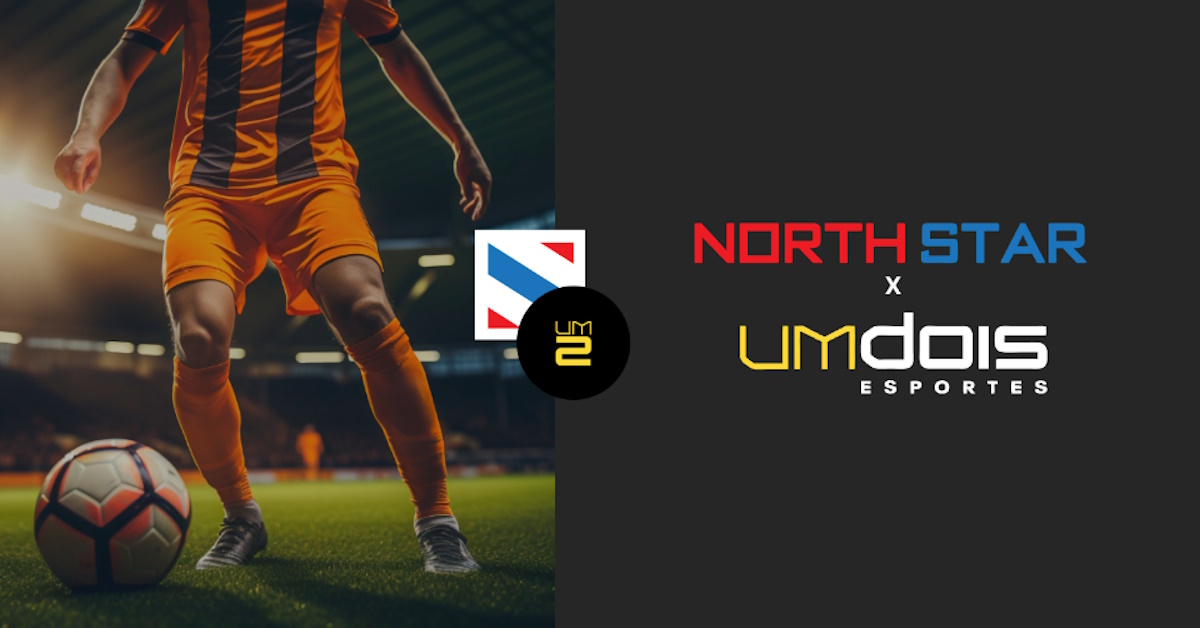
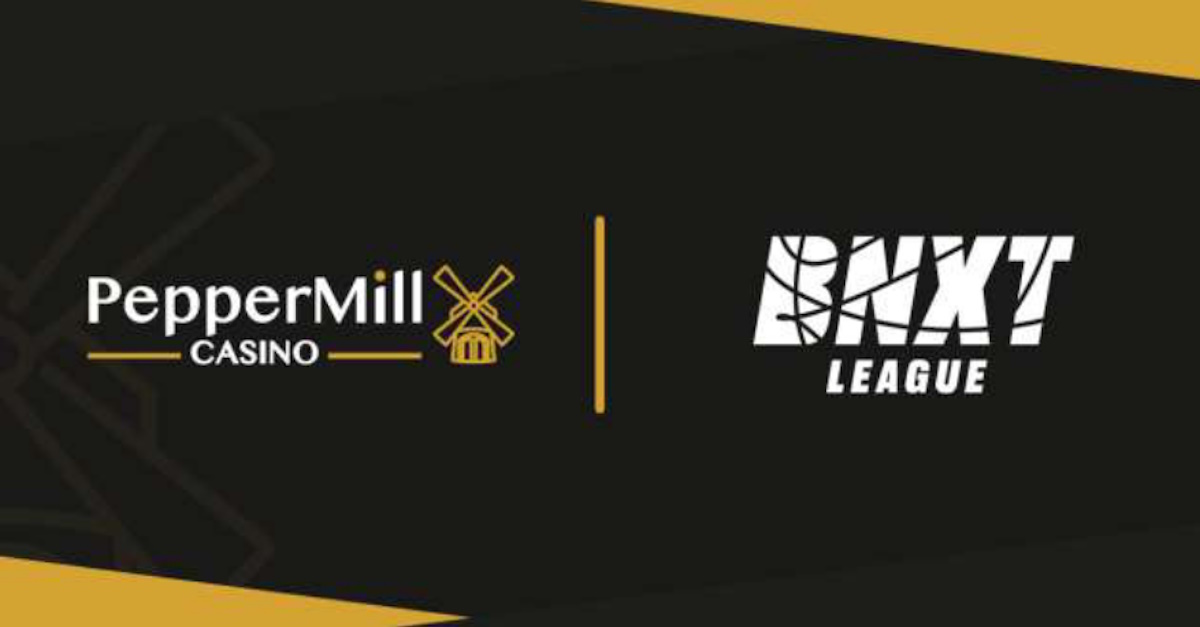
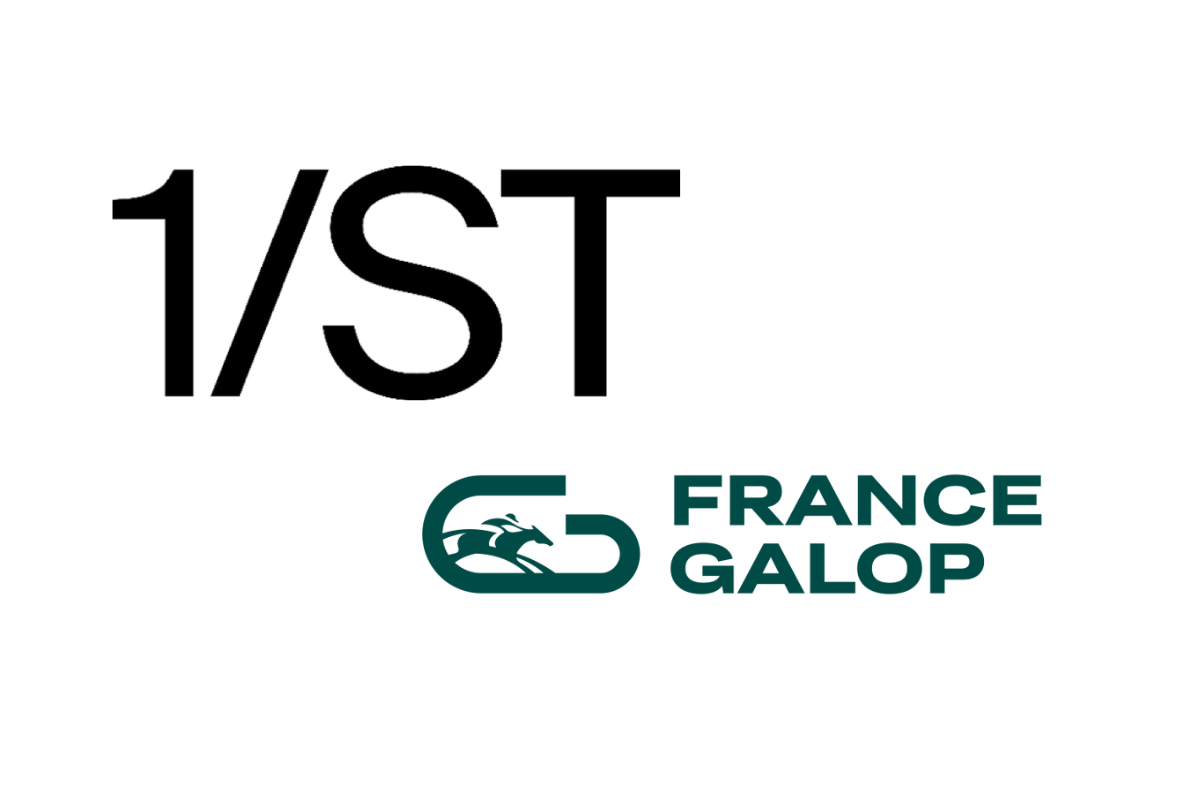
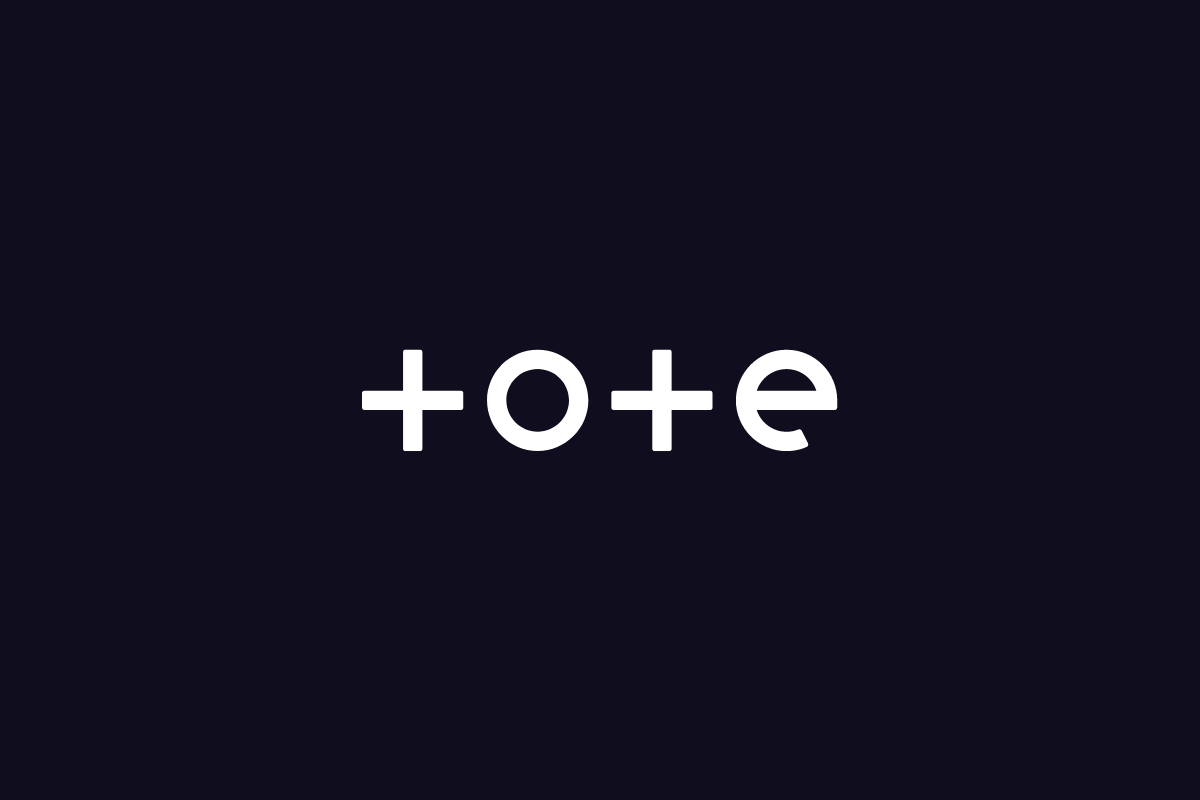
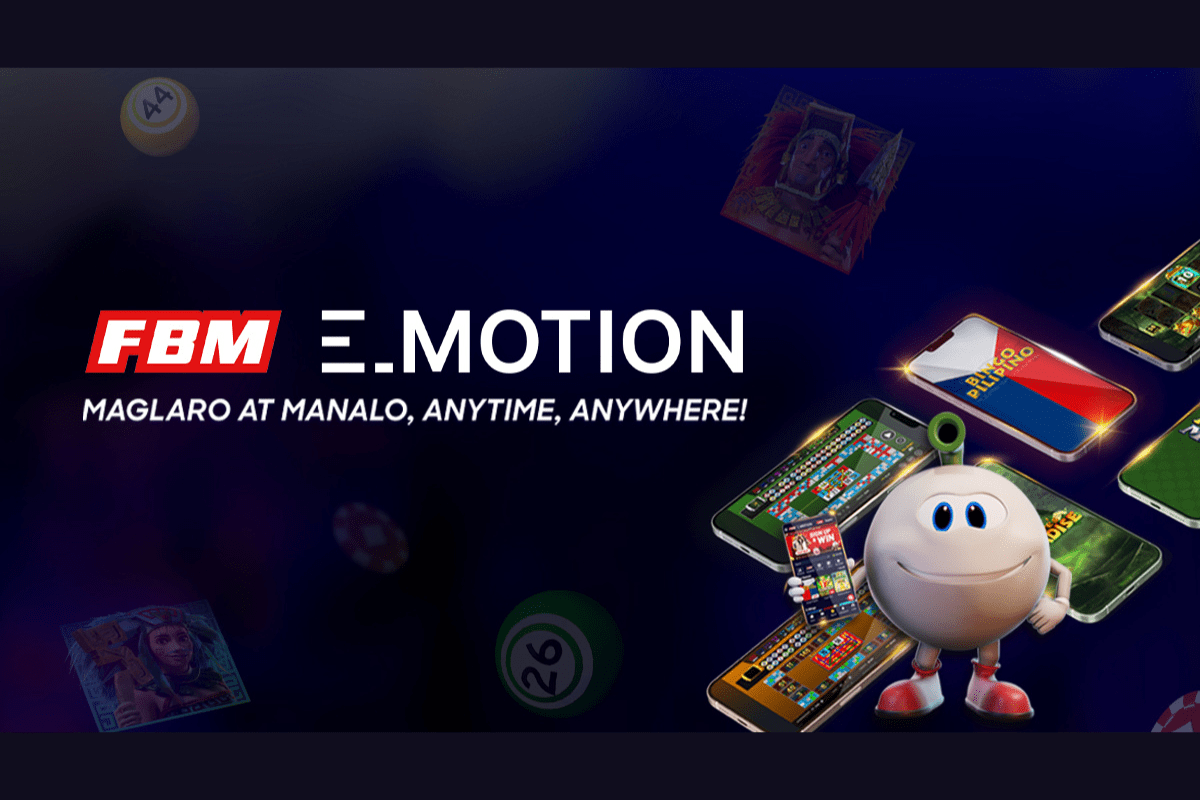


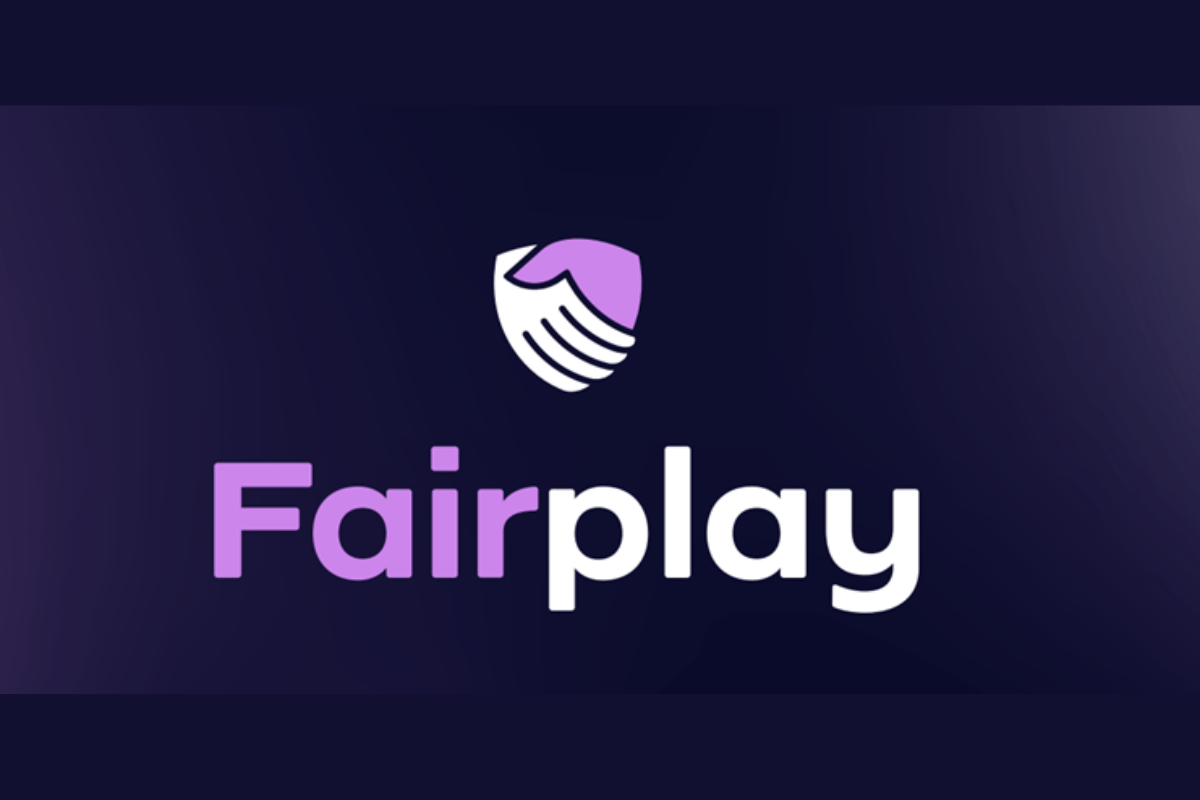
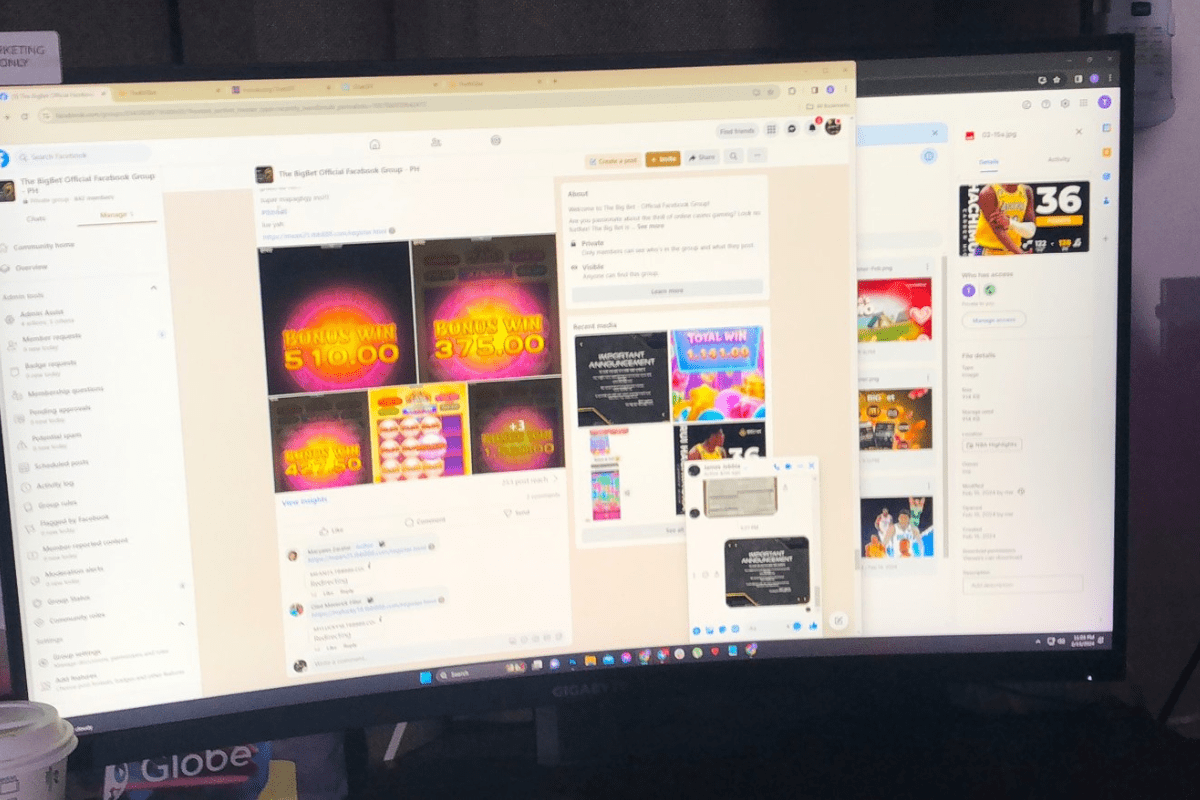

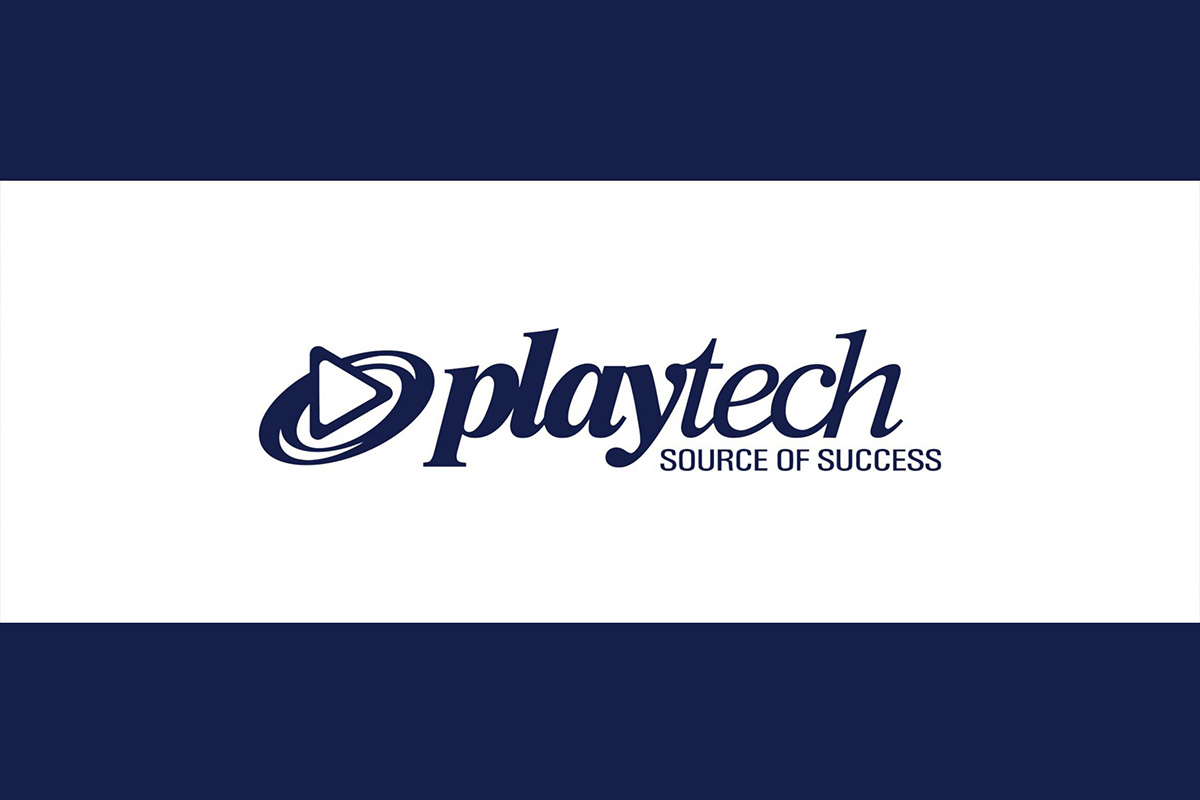

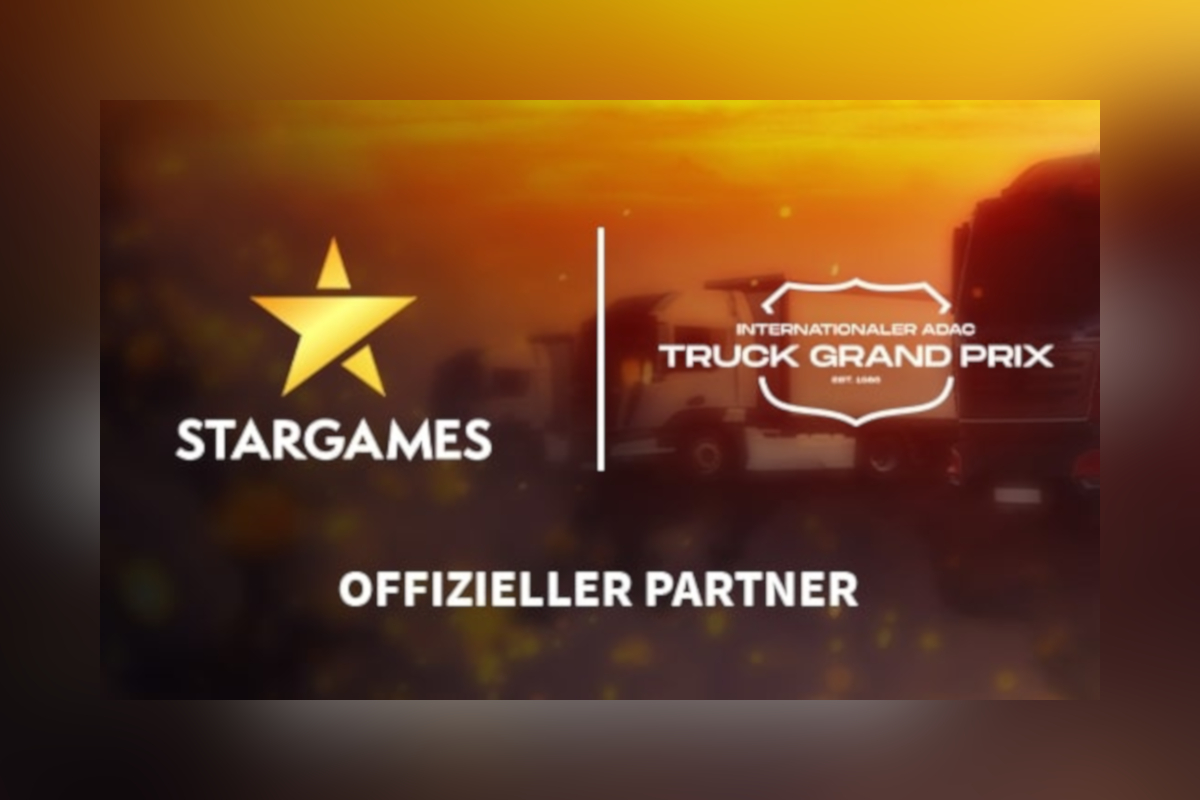
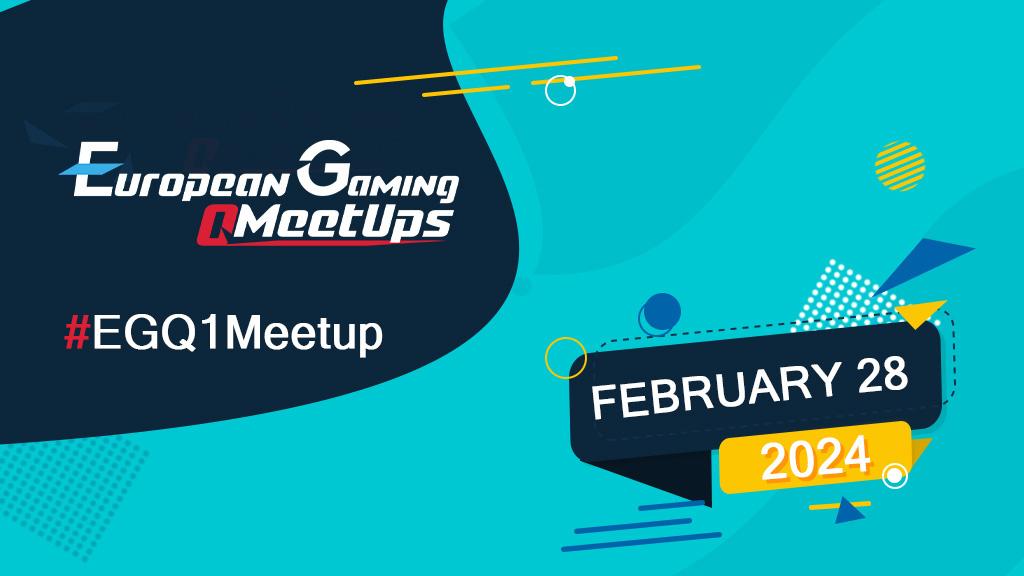
You must be logged in to post a comment Login